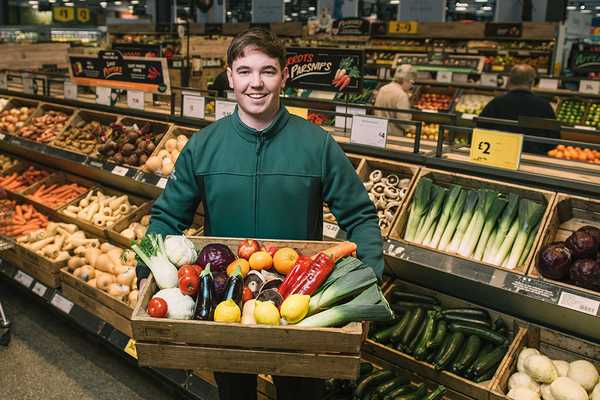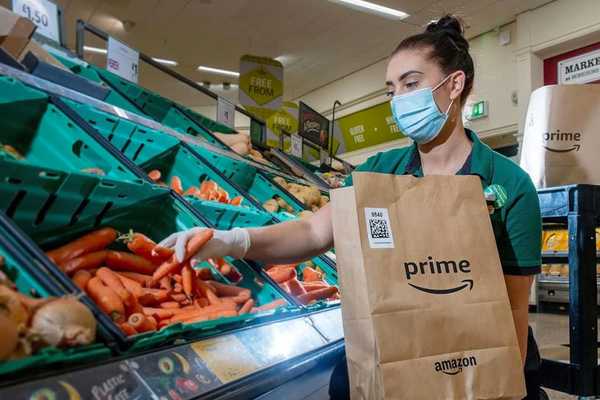Advertisement
Morrisons, a name synonymous with UK retail, began its journey in 1899 as a humble egg and butter stall in Bradford, West Yorkshire. Founded by William Morrison, the business has transformed over more than a century into one of the UK’s leading supermarket chains. This article traces the evolutionary journey of Morrisons from its local market origins to becoming a retail giant, highlighting key milestones and strategies that have shaped its success.
The Humble Beginnings
William Morrison‘s initial venture into the grocery business was driven by a simple yet profound commitment to providing quality and value. His stall at the Bradford market quickly became popular for its fresh produce and fair prices, setting the foundation for a business philosophy that would carry through the company’s later expansions.
Expansion and Growth
The pivotal moment in Morrisons’ history came in 1958 when it opened its first small town centre shop. This transition from a market stall to a permanent shop allowed Morrisons to offer a wider range of products and attract a larger customer base. The innovation did not stop there; in 1961, Morrisons pioneered self-service shopping and opened its first supermarket in Bradford, revolutionizing shopping experiences by allowing customers to browse and select products at their leisure.
Going Public and Nationwide Expansion
The 1960s marked a period of rapid growth for Morrisons as it embraced new retail trends and expanded its reach. In 1967, the company went public, listing on the London Stock Exchange. This move provided the capital necessary to fuel its expansion across the North of England. Morrisons built a reputation for spacious stores, competitive pricing, and a strong emphasis on food quality, particularly fresh produce.
Innovations in Retail
Throughout the 1980s and 90s, Morrisons continued to innovate. It was among the first UK supermarkets to incorporate bakeries, butcher shops, and fishmongers within its stores—a concept it branded as Market Street. This allowed Morrisons to differentiate itself by offering freshly made products and services that echoed its market stall origins, providing a unique shopping experience.
Strategic Acquisitions and UK-Wide Presence
The 21st century saw Morrisons making strategic acquisitions to bolster its presence across the UK. The most significant of these was the purchase of Safeway in 2004, a move that nearly doubled the size of Morrisons and extended its reach into southern England and Scotland. This acquisition was critical in transforming Morrisons from a regional player into a national giant.
Embracing the Digital Age
In response to the digital revolution, Morrisons has adapted by developing its online presence and enhancing digital services. Partnerships with Amazon and the launch of its own online delivery service have enabled Morrisons to meet the contemporary needs of its customers, ensuring convenience alongside quality.
Community Involvement and Sustainability
True to its roots, Morrisons maintains strong community ties and is actively involved in local and national charity initiatives. It also focuses on sustainability, aiming to reduce its environmental impact through waste reduction, sustainable sourcing, and energy efficiency. These efforts reflect Morrisons’ commitment to corporate responsibility and community welfare.
Morrisons’ journey from a simple market stall to one of the UK’s largest supermarket chains is a remarkable story of growth, adaptation, and innovation. By staying true to its core values while dynamically responding to market changes and customer needs, Morrisons has not only expanded its geographical footprint but also secured a cherished place in the hearts of British consumers. As it continues to evolve, Morrisons stands as a testament to the enduring power of quality, value, and community focus in shaping retail success.












